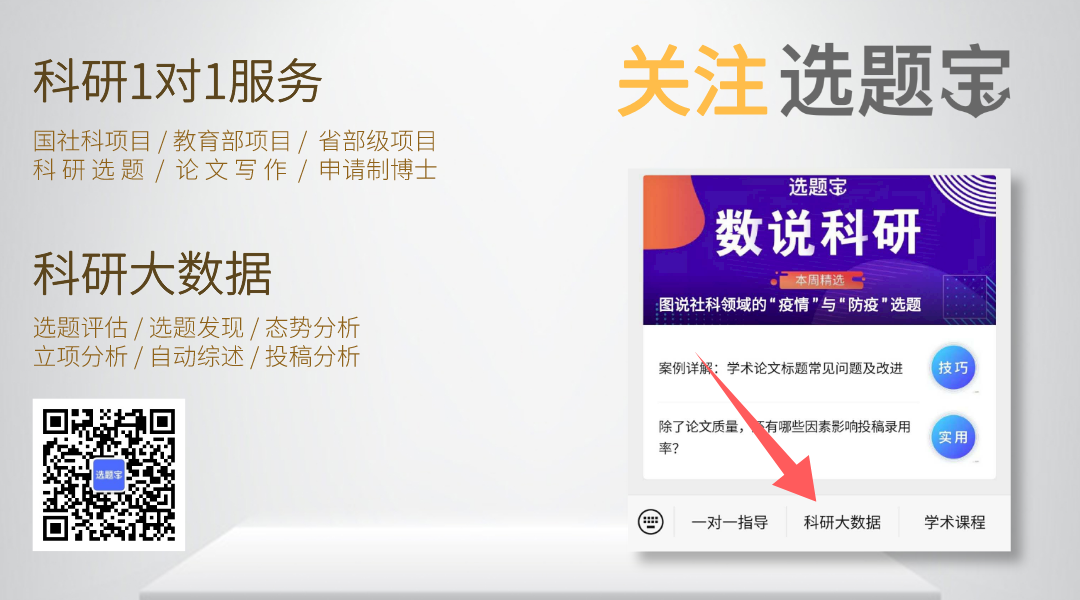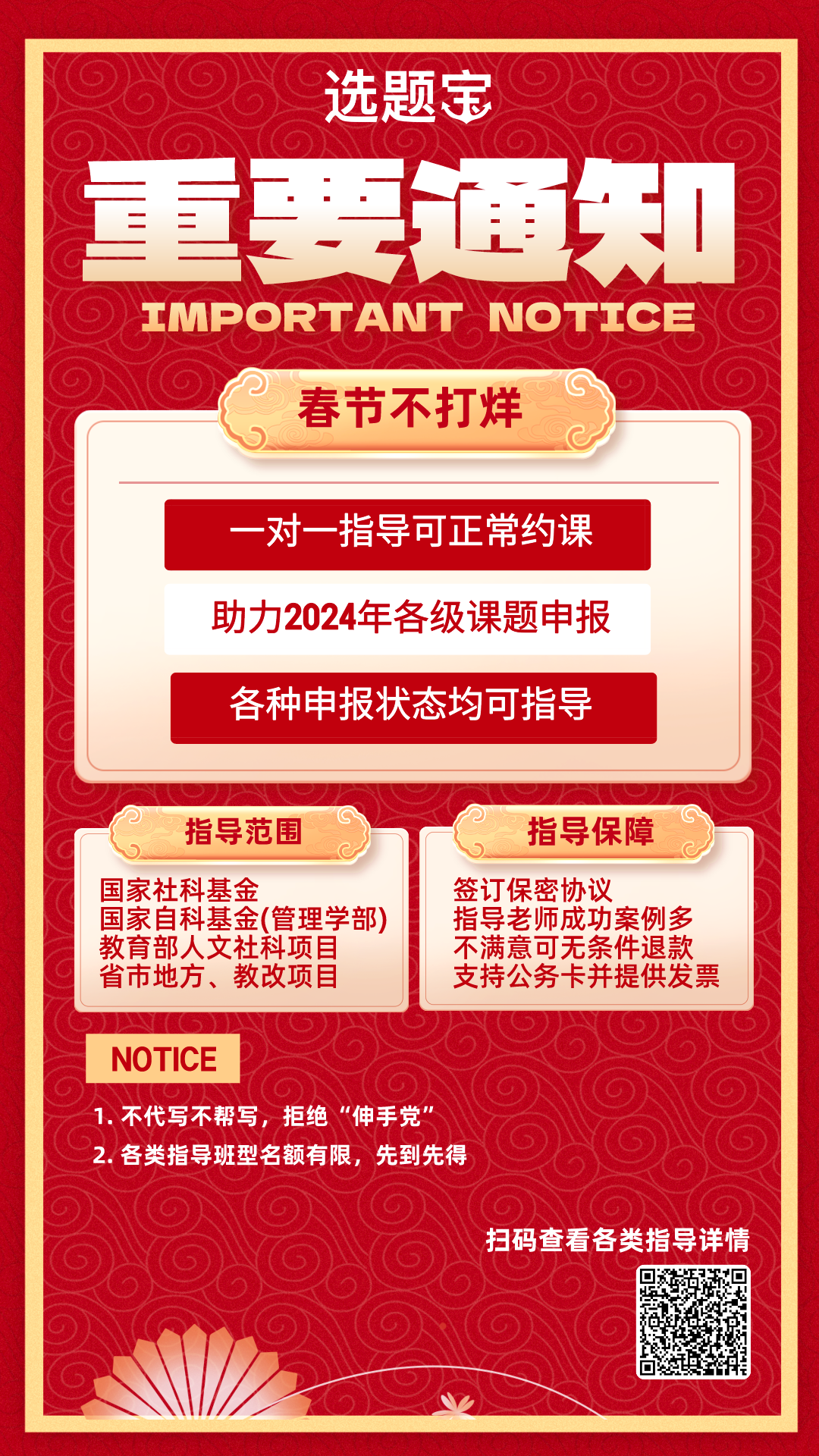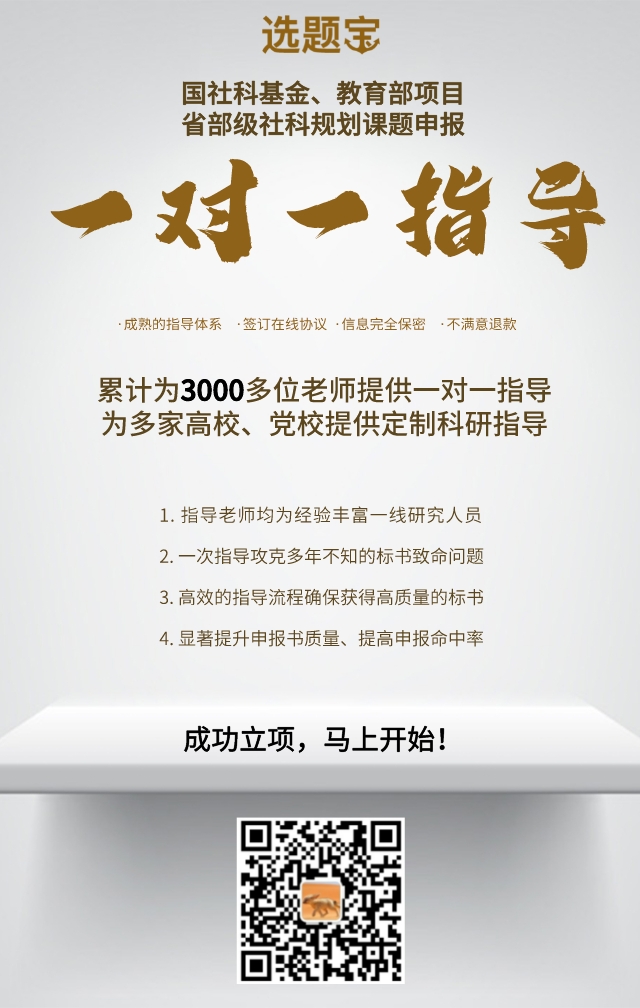SSCI《European Management Review》征稿: 商业关系中的信任与不信任
2025年04月29日
截止日期:2026/01/30 23:59
征稿期刊
European Management Review
期刊级别
SSCI (JCR 2023)
IF 3.4
Q2 (MANAGEMENT 153/407)
征稿主题
Trust and Distrust in Business Relationships: The Power of Context
细分领域
Trust and distrust are related, but separate constructs (Six & Latusek, 2023). Careful thought is needed to help us scrutinize, articulate and understand opportunities that arise when trust and distrust are investigated as coexisting within the same relationship(s).
Trust or distrust should be treated as a volitional choice (Nooteboom 1996) rather than a passive reaction to the trustworthiness signals of another party. What are the drivers and consequences of that choice?
Little agreement exists on exactly what distrust is or how it should be conceptualized and measured. Insights from other fields and theories are likely to advance these efforts significantly. For example, how is distrust related/unrelated to control theory (Ouchi, 1979), social capital theory (Kharouf & Lund, 2019) and effective regulation (Verhoest et al. 2024)?
Trust is recognized as a key component of all stakeholder relationships. What about distrust? How might trust and distrust be utilized simultaneously for stakeholder relationship management purposes? For example, in the context of organizational behavior/HR management, newly hired employees are accorded a certain amount of trust but also, arguably, distrust, with the objective of protecting the organization. How does this dynamic function? Does it differ depending on context? How does this insight integrate with extant thinking/theory?In political systems, institutionalized distrust helps create stable frameworks that foster cooperation (Luhmann, 1979; Sztompka, 1999; Verhoest et al., 2024). In business, distrust—rather than being the absence of trust—can be structured and institutionalized through formal mechanisms like audits, compliance systems, and oversight bodies to enhance accountability and mitigate risks (Six & Latusek, 2023). This raises key questions: How can distrust be embedded in governance to improve decisionmaking? Can distrust function as a strategic resource rather than a liability? What conditions allow trust and distrust to coexist productively in business relationships?
How do business sectors and activities differ in the challenges they pose to the dilemma of balancing trust and distrust? For example, what are the additional challenges, in sectors or organizational activities where there are power asymmetries between parties resulting in asymmetrical dependencies and vulnerabilities between parties and how can these challenges be solved?
Does distrust preclude or proportionally indicate the need for trust “repair” (or “recovery”) and does it depend on context (see Antonetti & Baghi, 2024; Kharouf & Lund, 2019; Kim et al, 2006; Sharma et al., 2023)?
重要时间
Submission Deadline: 30 January 2026


推荐内容
- 《阿坝师范学院学报》征稿启事
- 山西省教育厅2025年度职业教育教学改革与实践研究项目申报工作的通知
- 第十届张静如党史党建优秀论文奖评选活动征稿启事
- 中国教育发展战略学会区域教育专业委员会发布2024年度课题选题指南通知
- 【C刊|北核】《中国农村经济》《中国农村观察》第八届“三农论坛”征文启事
- 【双核】《教育与经济》2022年重点选题指南
- 【会议征文】中国法学会经济法学研究会第32期“经济法30人论坛”
- SSCI《Journal of Technology Transfer》征稿: 人工智能在Web3中的作用
- 关于申报中国教育后勤协会2023-2024年度课题的通知
- “唱响‘八一’品牌 提炼建军精神” 学术研讨会征文启事



